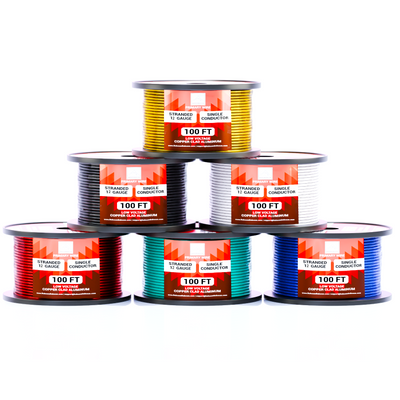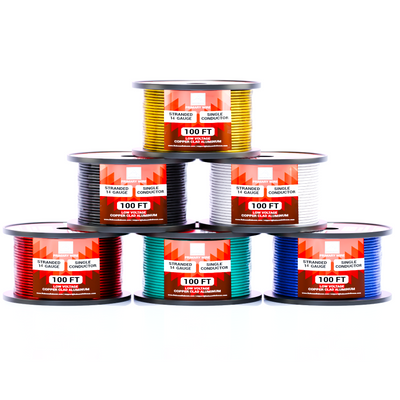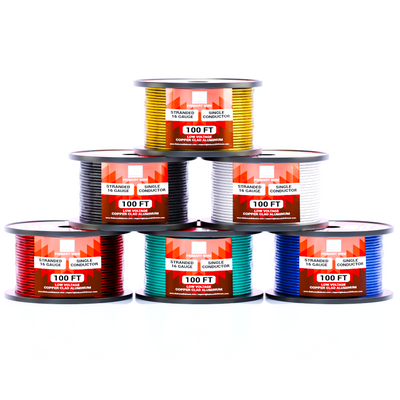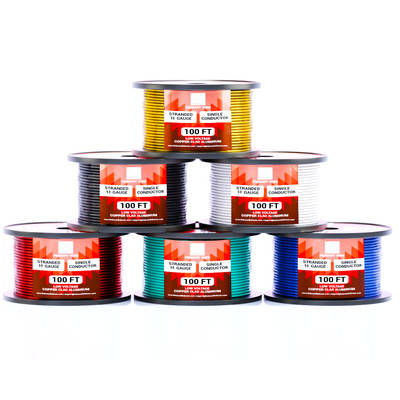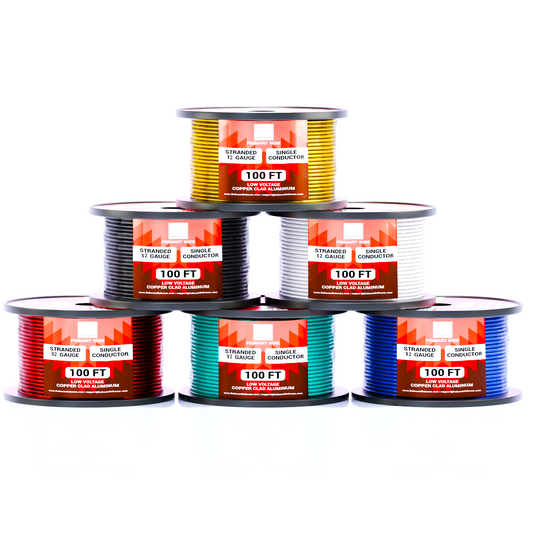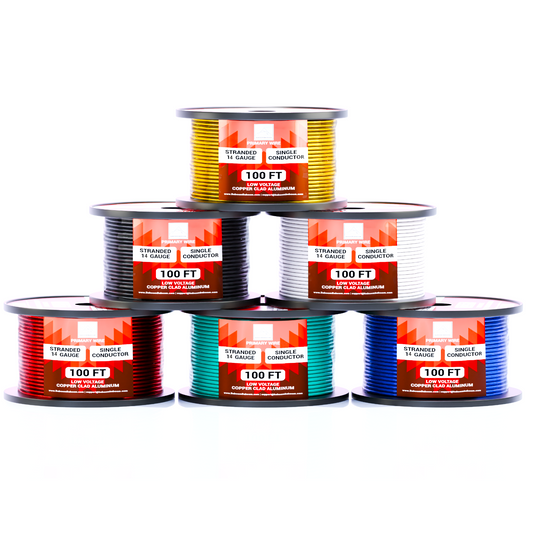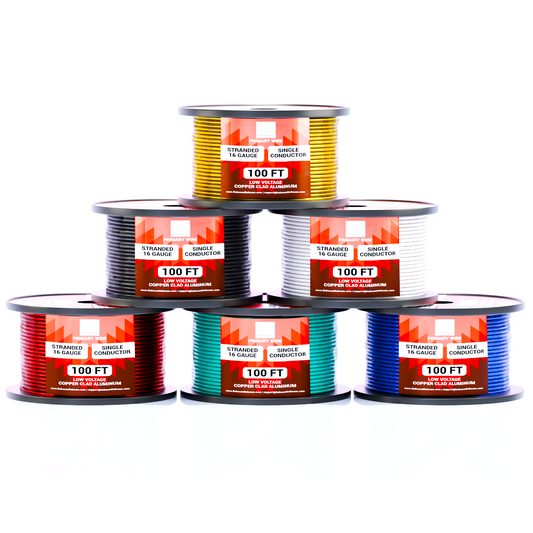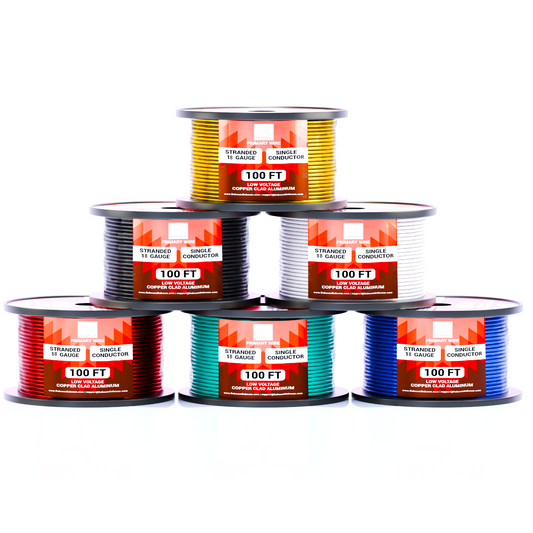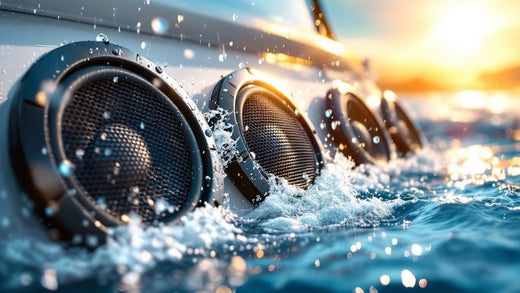
Can I Use a Marine Speaker in My Car? A Guide for Car Audio Enthusiasts
Share
Introduction
Upgrading your car’s audio system often involves choosing the right speakers, and you might wonder if marine speakers can be used as an alternative to traditional car speakers. Marine speakers are known for their durability and ability to withstand harsh conditions, but are they suitable for use in a car? In this guide, we'll explore the differences between marine and car speakers, discuss whether marine speakers can be used in cars, and provide tips for installation and optimizing performance.
Marine Speakers vs. Car Speakers – What’s the Difference?
Marine speakers are specifically designed to handle outdoor elements such as moisture, salt, and sun, making them ideal for boats and other vehicles exposed to harsh environments. On the other hand, car speakers are engineered for the acoustics of an enclosed car interior, where conditions are more controlled.
Key differences include:
- Durability: Marine speakers are made with protective coatings against water and corrosion, while car speakers focus on providing optimal sound quality in a climate-controlled environment.
- Sound Quality: Marine speakers prioritize durability, which may impact sound clarity and fidelity compared to car-specific speakers.
- Mounting Options: Marine speakers are designed for outdoor, open-air mounting, while car speakers are installed in more enclosed spaces.
If you're looking for durable, high-quality wire for your car's audio system, check out our range of CCA wire, available in multiple gauges like 10GA to 22GA, and different colors like red, blue, and black.

Why Marine Speakers Are Built for Extreme Conditions
Marine speakers are crafted to withstand tough environments:
- Waterproofing: These speakers often have water-resistant coatings and waterproof cones to prevent damage from moisture.
- Corrosion Resistance: Marine environments, especially saltwater, can cause rust, so marine speakers use corrosion-resistant materials like stainless steel.
- UV Resistance: Exposure to UV rays can degrade materials, but marine speakers are made with UV-resistant plastics and coatings to prevent sun damage.
Can You Use a Marine Speaker in Your Car? The Pros and Cons
You can use marine speakers in your car, but there are pros and cons to consider.
Pros:
- Durability: Marine speakers are built to last longer, especially in regions with high humidity or fluctuating weather conditions.
- Longevity: Their corrosion-resistant design can make them more durable than regular car speakers.
- Enhanced Sound in Open-Air Conditions: Marine speakers perform well with the windows down or in convertibles, as they are designed for outdoor sound clarity.
Cons:
- Sound Quality: Marine speakers may not offer the same high-fidelity sound as car speakers, particularly in the enclosed acoustics of a car.
- Design and Fit: Marine speakers often have different shapes and mounting requirements, which could require adjustments or adapters for proper installation.
- Cost: Marine speakers tend to be more expensive than traditional car speakers, so unless you need their weather-resistant features, they might not offer the best value for your car.

How to Install Marine Speakers in Your Car: A Step-by-Step Guide
If you decide to install marine speakers in your car, follow these steps for a smooth installation process:
- Choose the Right Marine Speakers: Ensure the impedance and power rating are compatible with your car's audio system.
- Remove the Old Speakers: Unscrew the old speakers and disconnect the wires.
- Prepare the Mounting Location: Marine speakers may require different mounting options. You might need to drill new holes or use adapters.
- Connect the Wires: Marine speakers have the same wiring setup as car speakers. Connect the positive and negative wires to the correct terminals. Our 10GA wire is perfect for handling higher power needs for optimal performance.
- Install the Speakers: Once connected, secure the speakers in place with the appropriate mounting screws.
- Test the System: Play your audio system to ensure the speakers sound good. If needed, double-check the connections.
For more guidance on speaker wiring, check out our step-by-step guide to speaker wiring to ensure your installation goes smoothly.

Expert Recommendations: Making the Most of Marine Speakers in Your Car Audio System
If you opt for marine speakers in your car, here are some expert tips to optimize their performance:
- Use an Amplifier: Marine speakers often need more power than typical car speakers to reach their full potential. An amplifier will help deliver the required power.
- Consider Sound Dampening: Marine speakers are designed for open spaces, so adding sound-dampening material inside your car will help reduce unwanted vibrations and improve sound clarity.
- Proper Placement: Position the speakers for optimal audio dispersion to ensure clear sound throughout your vehicle.
Looking to upgrade your car's wiring for better sound performance? Our CCA wire ensures strong, reliable connections for your speakers and amplifier.

Conclusion
Marine speakers offer durability, long-lasting performance, and superior sound output in open-air situations, making them a good option if you live in a humid climate or need speakers that can withstand extreme weather conditions. However, they may not deliver the same high-fidelity sound as car speakers in a typical vehicle setup.
Have you used marine speakers in your car? Share your experiences and thoughts in the comments below! We'd love to hear how they worked for your car audio system.

